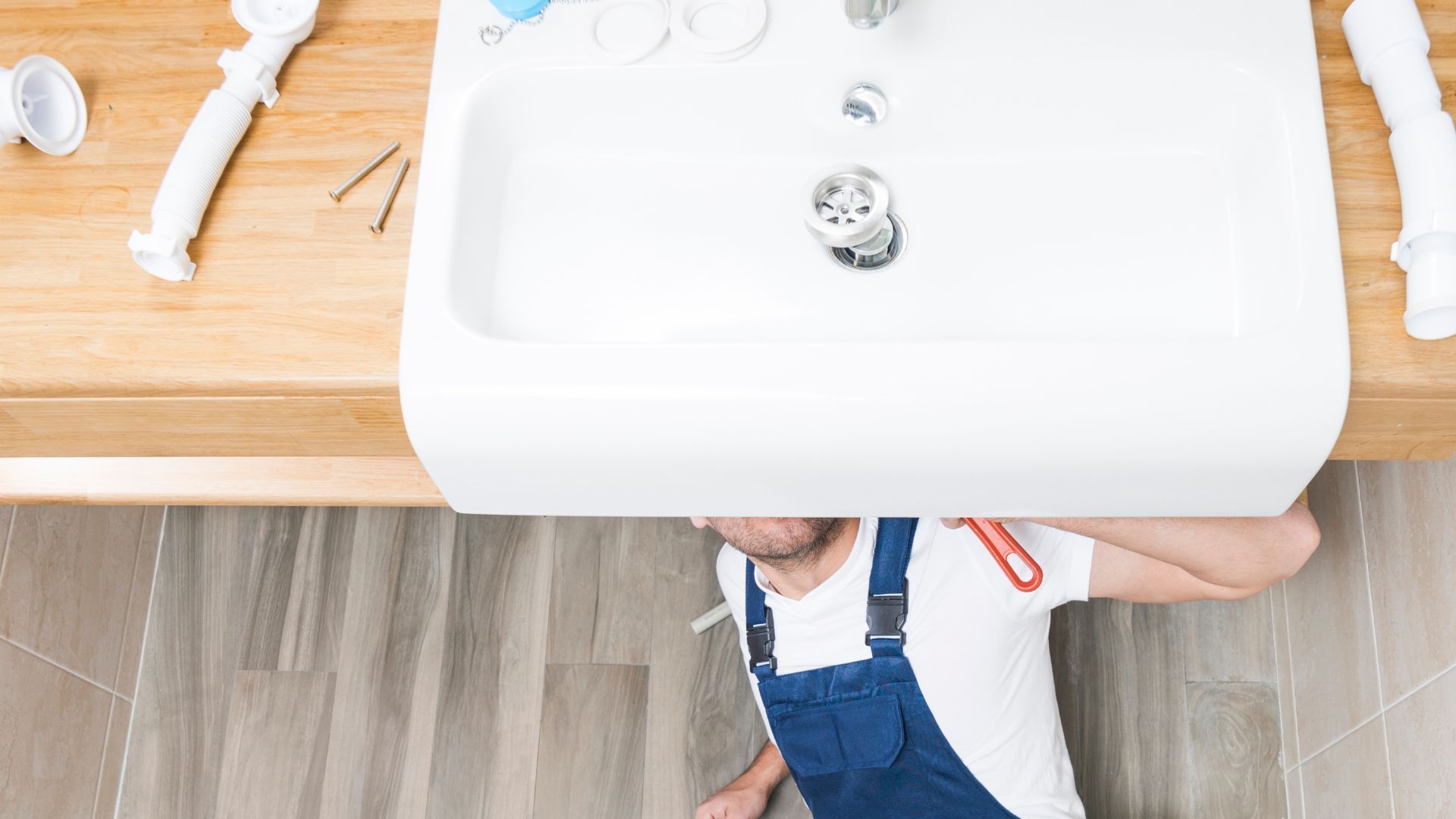Property Geek: The crucial role of proper drainage and sewer systems in real estate investments

As the Philippines faces an average of 20 typhoons each year, prospective property buyers must consider not only the aesthetics of a home but also its resilience to the country’s frequent storms and the flooding they often bring. With Typhoon Kristine and the recent widespread flooding fresh in our minds, evaluating a property’s drainage and sewer management systems becomes a critical part of the buying process. For future buyers looking for investments, knowing the safeguards in place to mitigate flood risks can make all the difference in a long-term investment.
Among the developments that stand out for their effective sewer and drainage infrastructure are Nuvali and Greenfield City in Santa Rosa, Laguna. Built on higher land elevation, these areas are strategically positioned to handle heavy rainfall more effectively. Santa Rosa’s elevated geography already gives it a natural advantage in flood management, but beyond elevation, the comprehensive planning and advanced drainage systems by developers in these areas ensure that water is efficiently managed, reducing the risk of water damage to properties.
The risks of inadequate drainage
In areas with poor drainage, rainwater can accumulate quickly, leading to flash floods that not only threaten property but also pose health risks. Properties in low-lying areas are more vulnerable to flooding, which can damage foundations, interiors, and landscapes. Frequent exposure to floodwaters can also lead to mold growth, structural issues, and depreciated property values.
Why choose a property with a reliable drainage system?
Developers like those in Greenfield City and New Valley recognize the need for secure drainage systems as an investment in safety and quality of life for residents. Properties built on elevated land with well-maintained sewers and stormwater systems are better prepared to handle typhoons and heavy rainfall. These systems reduce the likelihood of water pooling around homes, preventing long-term damage and preserving property values.
What to look for when buying
For buyers, especially those seeking properties for retirement or long-term residence, it’s wise to ask developers about their drainage and sewer systems. Here are a few essential questions to guide your inquiries:
1. Elevation and Terrain: Is the property located on higher ground, like those in Santa Rosa, which naturally reduces flood risks?
2. Drainage Infrastructure: What type of drainage systems are in place to manage excess rainwater? Well-designed developments incorporate multiple channels to direct water away from residential areas.
3. Maintenance Plans: How does the developer maintain the drainage and sewer systems to ensure they remain effective, especially during the typhoon season?
By asking these questions, future buyers can gain peace of mind knowing their investment is protected, not just against the elements but against unexpected expenses related to flood damage.
Developers in Santa Rosa’s Nuvali and Greenfield City set a valuable precedent in prioritizing drainage and flood management—offering an excellent example for buyers who prioritize both safety and long-term stability.
In a country where resilience against natural disasters is increasingly essential, these factors shouldn’t be an afterthought. As we guide future buyers on their real estate journey, we emphasize the importance of choosing properties designed with robust flood management in mind, ensuring homes that are not only beautiful but built to endure.
By making informed decisions on drainage and sewer systems, Filipino buyers can secure not only a property but a safer, more sustainable future for themselves and their families.